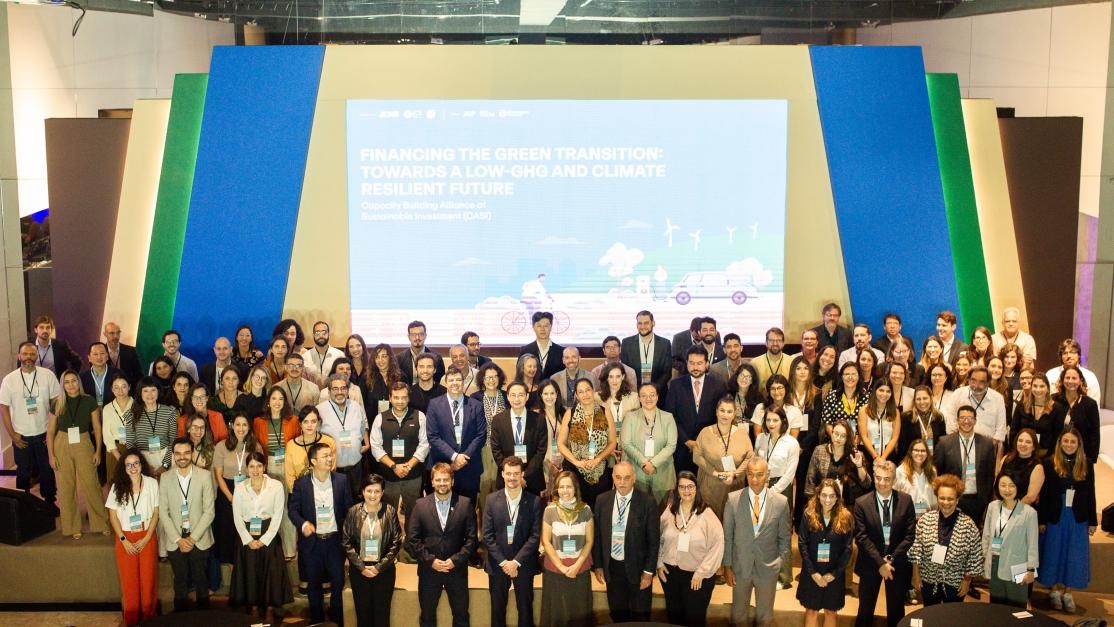
Sao Paulo, Brazil - April 3-5, 2024 – The Capacity-building Alliance of Sustainable Investment (CASI), in its groundbreaking stride towards fostering green financing initiatives, convened its inaugural in-person capacity-building event from April 3-5, 2024, in Sao Paulo, Brazil. The event aimed to synchronize endeavors in financing green initiatives and propelling the Latin American region towards a low-GHG and climate-resilient future.
Launched amidst the momentum of COP28, CASI is dedicated to amplifying capacity for sustainable finance and investment across emerging markets and developing countries (EMDEs). Bolstered by a global membership of over 50 organizations and continuously expanding, CASI galvanizes collective efforts from diverse stakeholders worldwide.
The two-day symposium garnered a multinational cohort, with over 200 individuals present onsite and more than 1000 participating virtually, with a significant representation from Brazil and neighboring Latin American countries such as Peru and Mexico. Regulators including the Ministry of Finance and central bank, alongside senior representatives from financial institutions, agri-business industries, research organizations, and service providers, lent their perspectives to enrich the discussions.
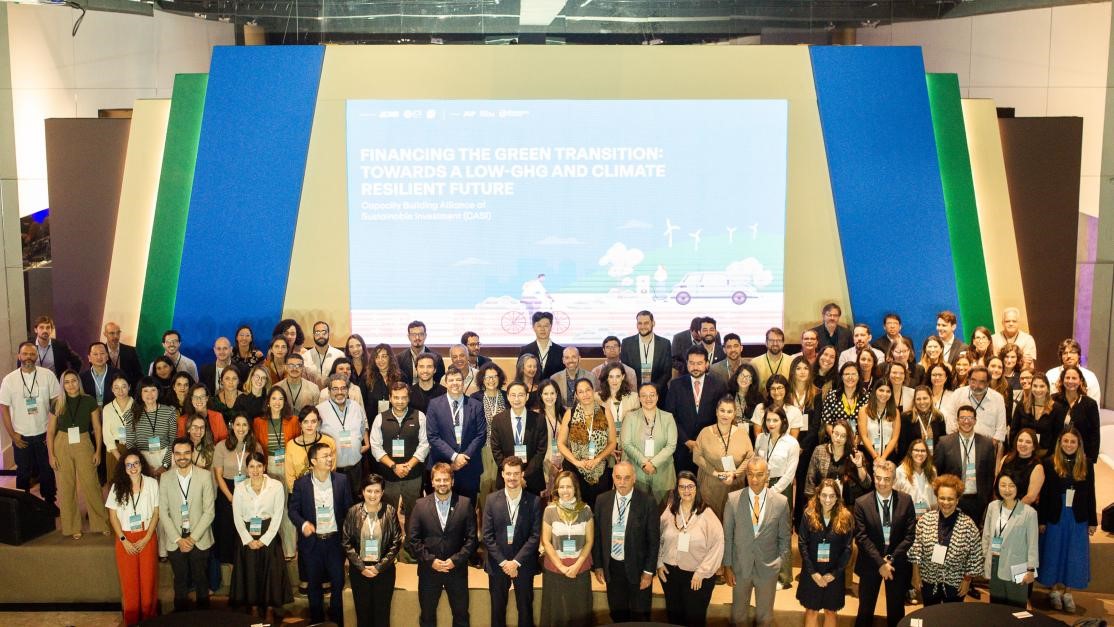
Deliberations at the event encompassed six pivotal themes of sustainable finance, spanning market dynamics, policy frameworks, financial instruments, sustainability disclosure, transition finance, and biodiversity conservation and restoration. Through robust knowledge exchange and interactive dialogues, participants from Brazil and Latin America's sustainable investment ecosystem engaged in dynamic discussions on these critical focal points.
Highlighting the pressing need for sustainable financing, Ma Jun, Chairman of CASI and former co-chair of the G20 Sustainable Finance Working Group, underscored, "There exists a financing gap of US$ 4-6 trillion annually for transitioning towards a low-carbon economy and achieving the UN SDGs." Ma Jun emphasized that lack of capacity stands as a paramount barrier hindering access to sustainable financing in EMDEs. He advocated for collaborative efforts between CASI and countries like Brazil, Peru, and Mexico to facilitate knowledge exchange and share best practices in sustainable finance and investment.
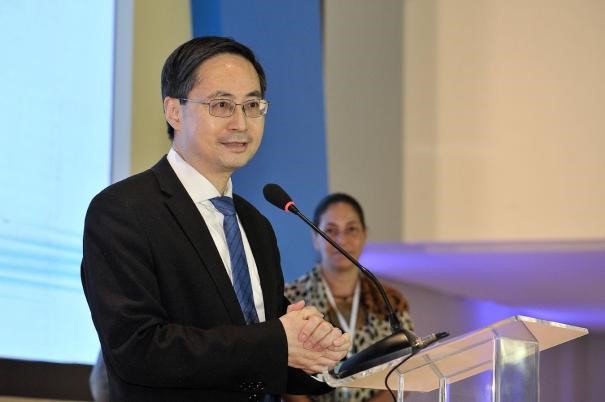
Joaquim Levy, former Minister of Finance of Brazil, echoed the sentiment, stressing the imperative for a global carbon market and the pivotal role of capacity-building platforms like CASI. "Addressing climate change necessitates substantial funding. As government resources fall short, private sector mobilization becomes indispensable, necessitating enhanced capacity-building through platforms like CASI," said Levy.
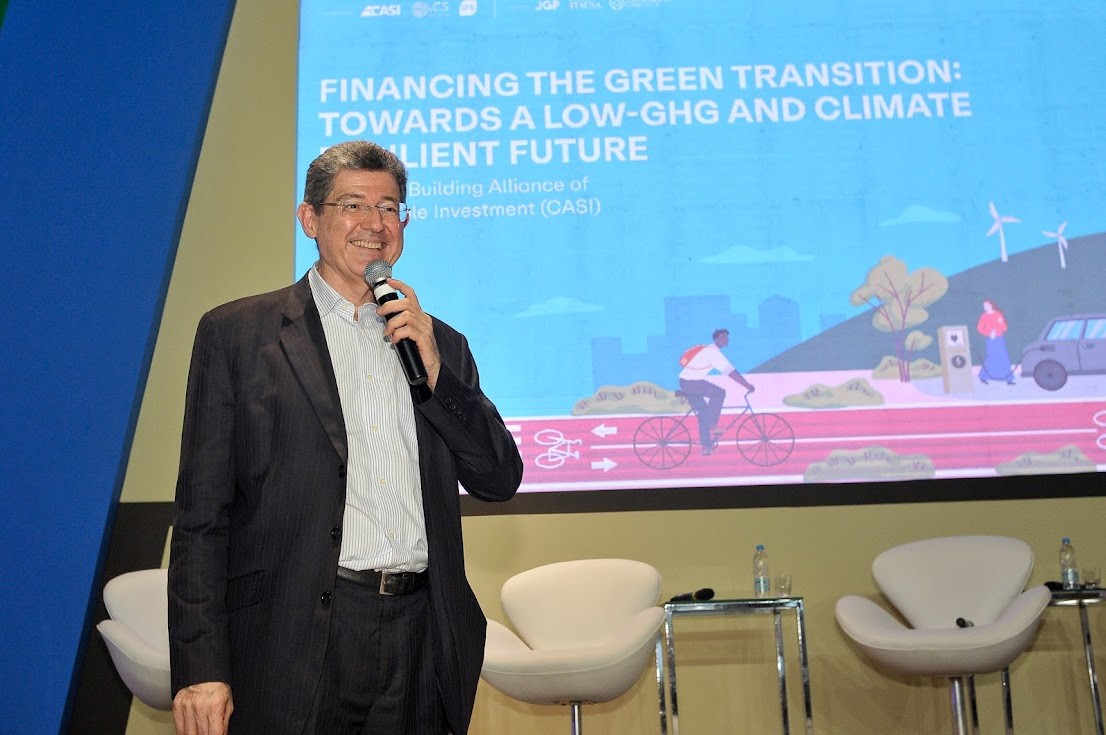
Maria Netto, Executive Director of iCS, underscored the abundant opportunities for investment in bioeconomy, nature-based solutions, infrastructure, and sustainable agribusiness. "Mobilizing diverse stakeholders and deploying an array of financial instruments, regulatory mechanisms, and incentives are crucial for scaling up sustainable finance," asserted Netto in her welcome address.
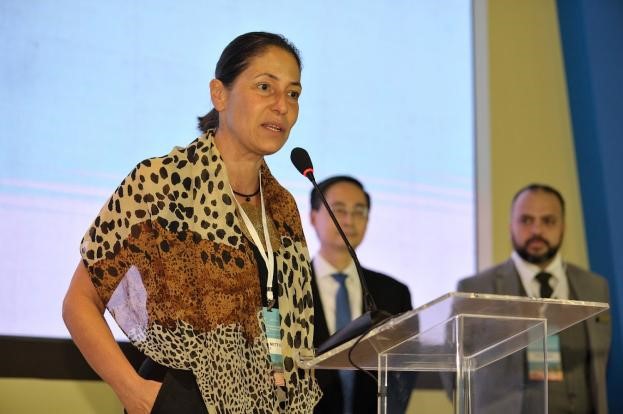
Complementing the in-house workshops, a half-day site visit to a local sustainable agri-business provided a tangible demonstration of how sustainable approaches can be effectively implemented in the agriculture sector.
In its pursuit of enhancing capacity-building endeavors, CASI unveiled four programs, including in-person events, monthly seminars/webinars, e-learning courses, and tailor-made services for International Financial Institutions. With an ambitious goal of training 100,000 individuals by 2030, CASI is set to host its next in-person event in late June in Hong Kong, serving audience from the Asia region. Subsequent events are planned for Africa and the Middle East for the second half of 2024, solidifying CASI's commitment to fostering sustainable finance on a global scale.


